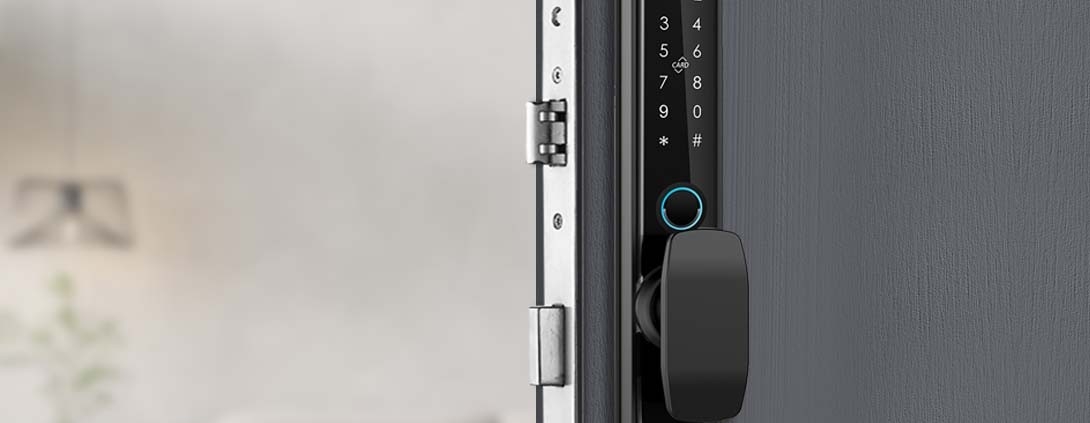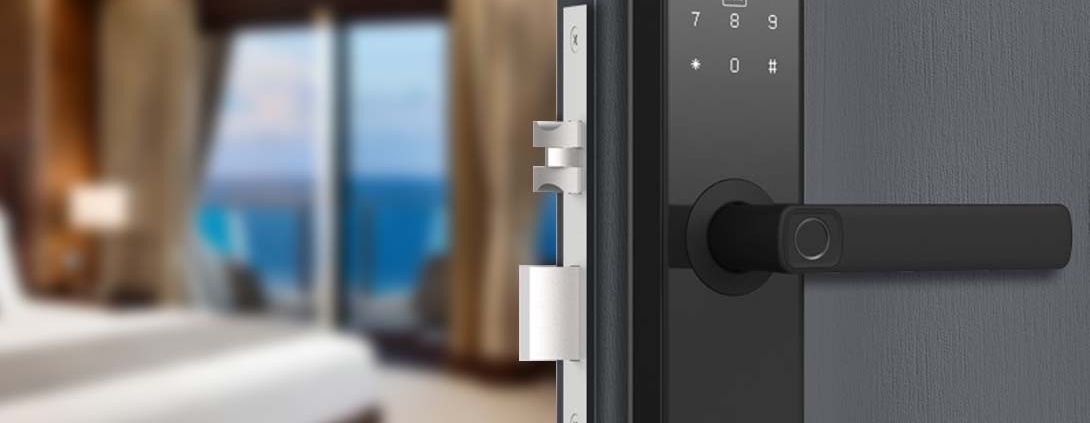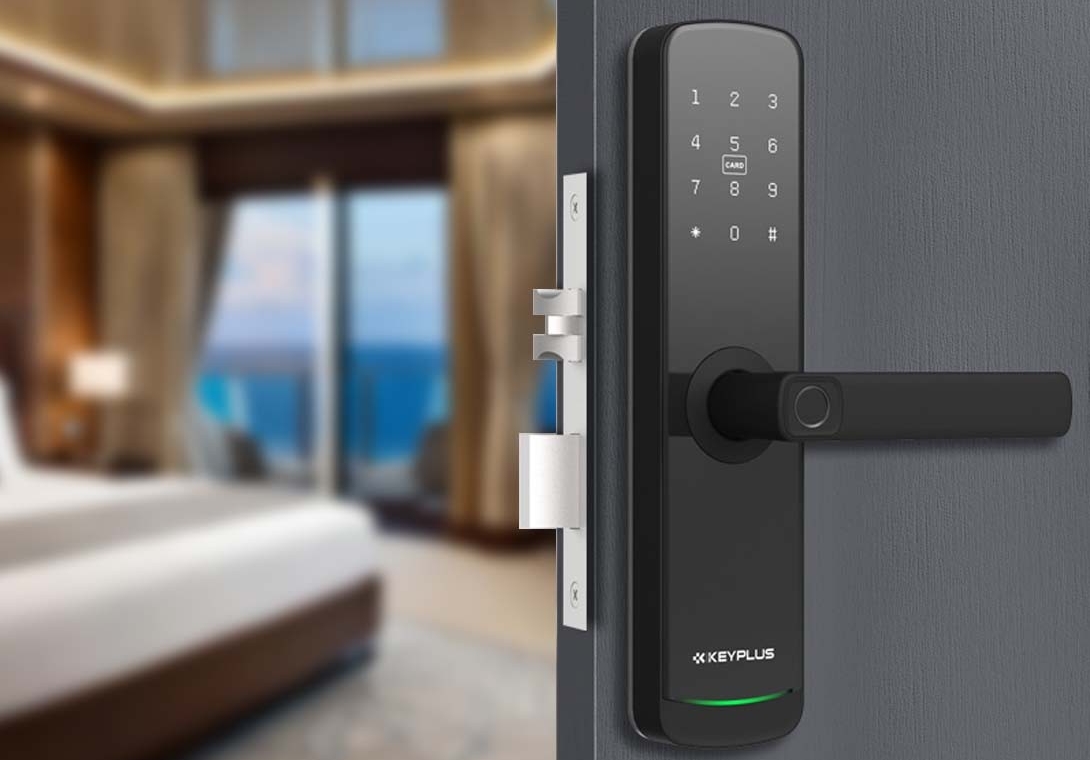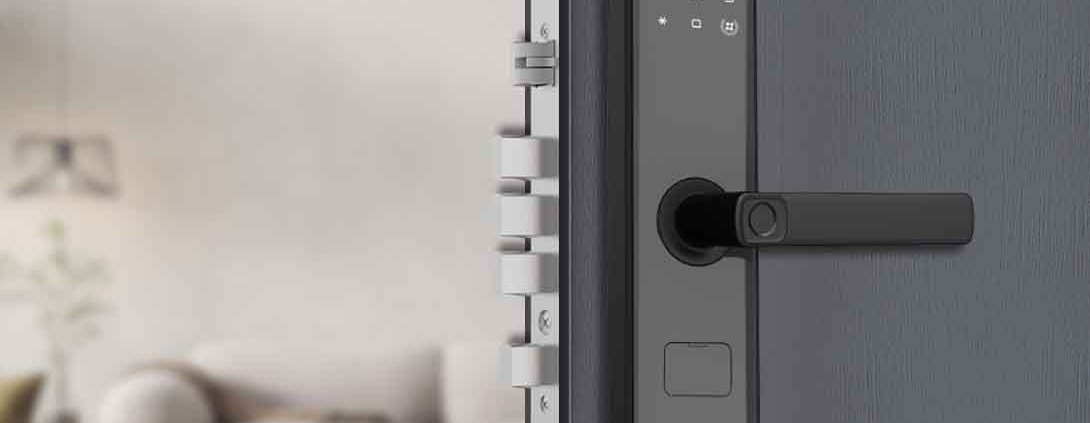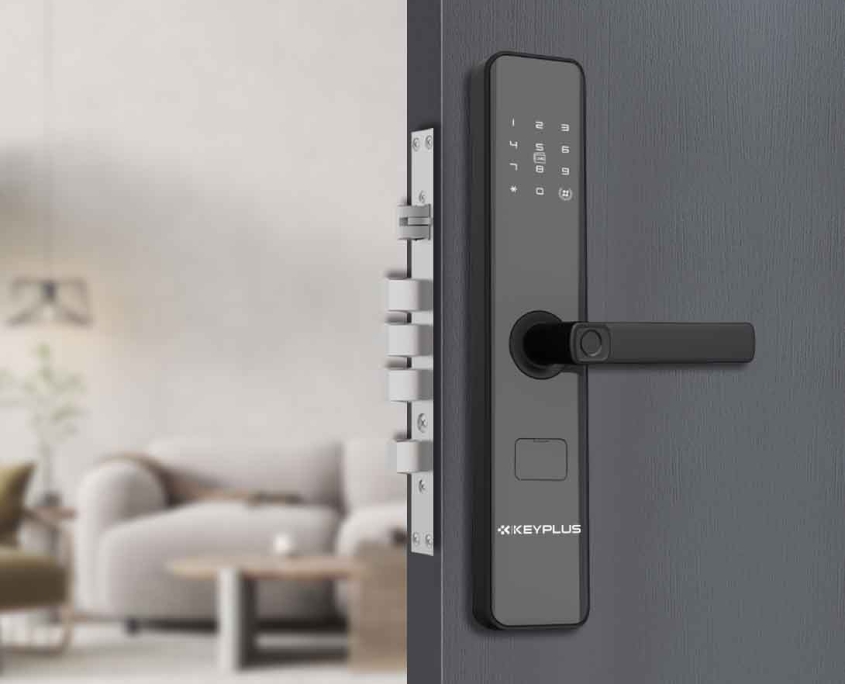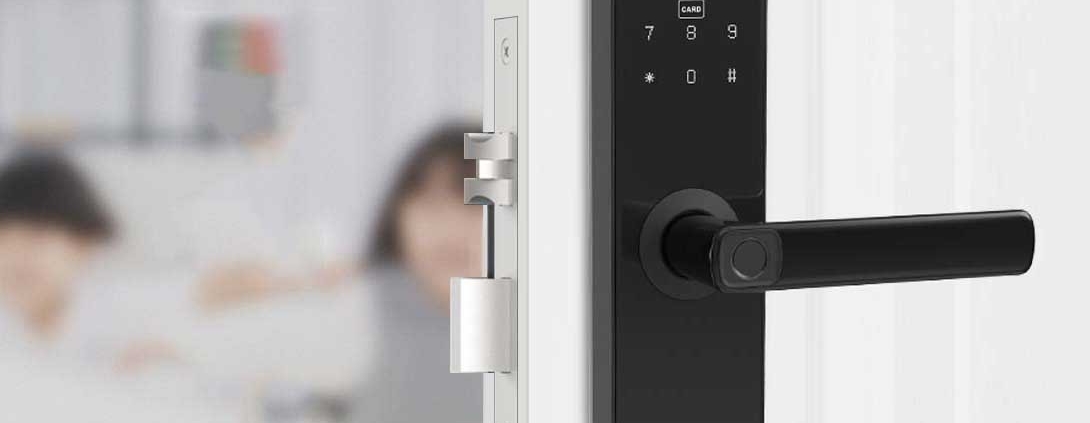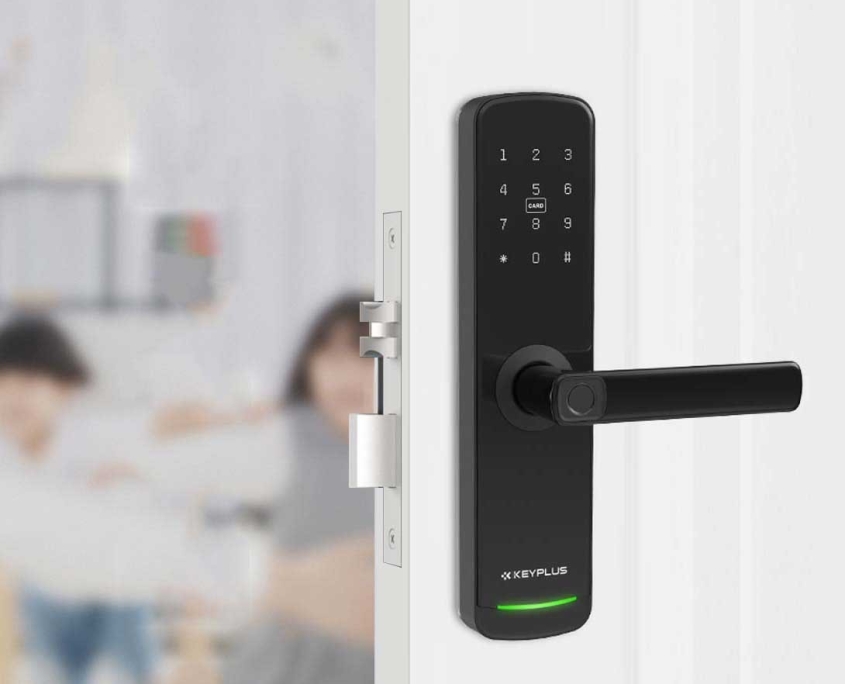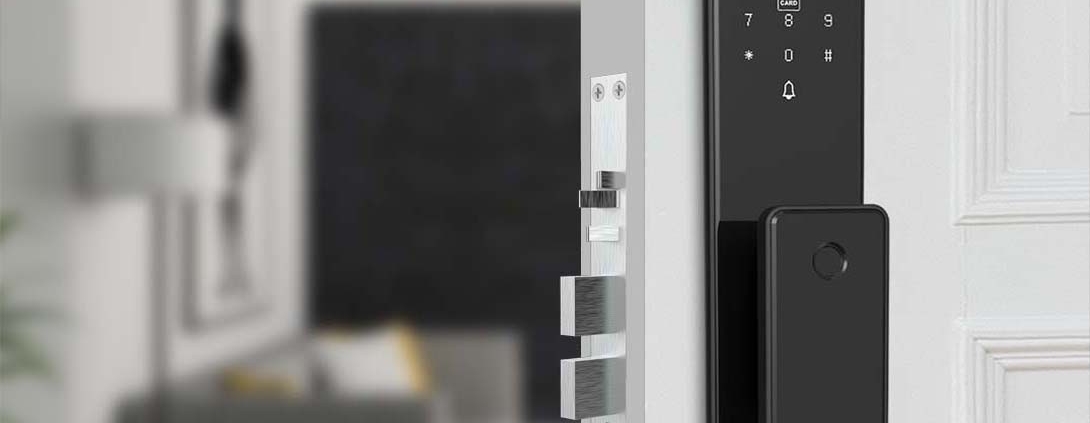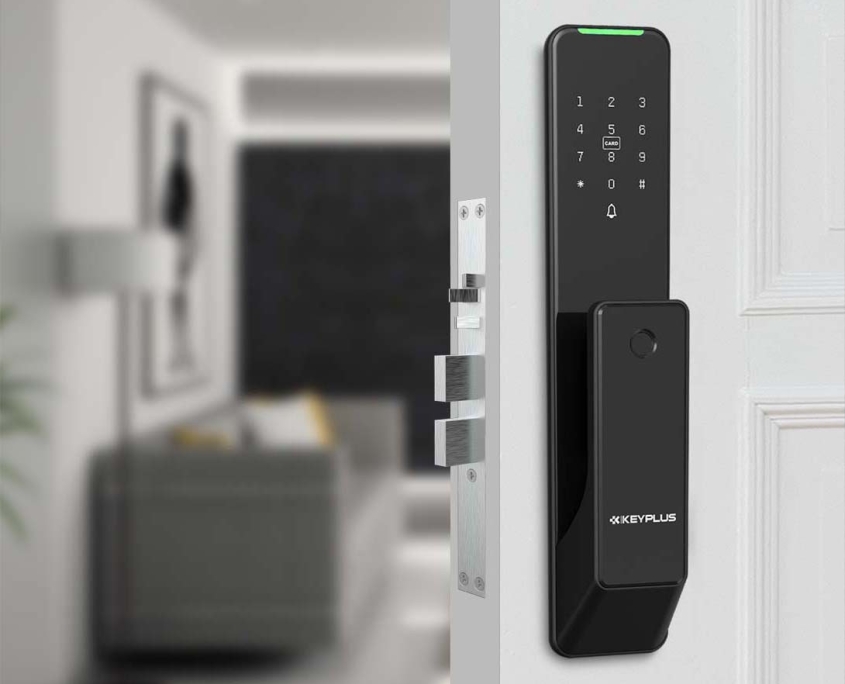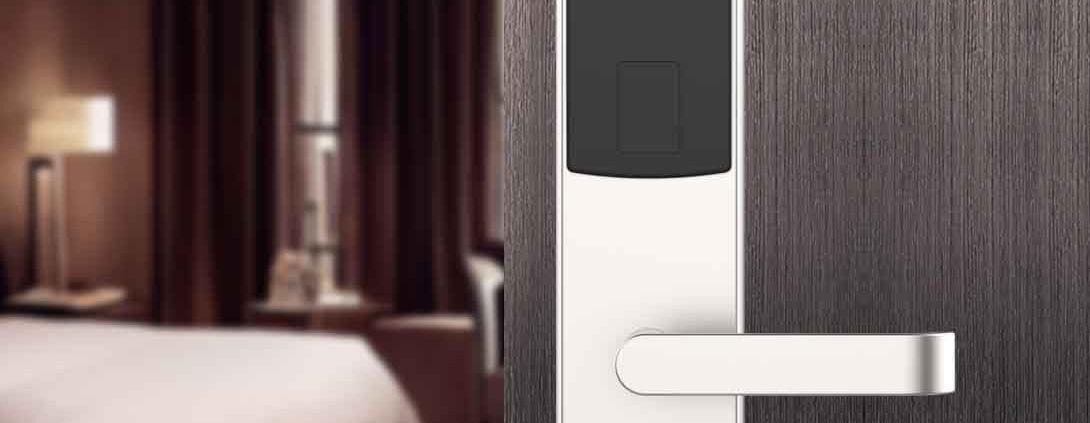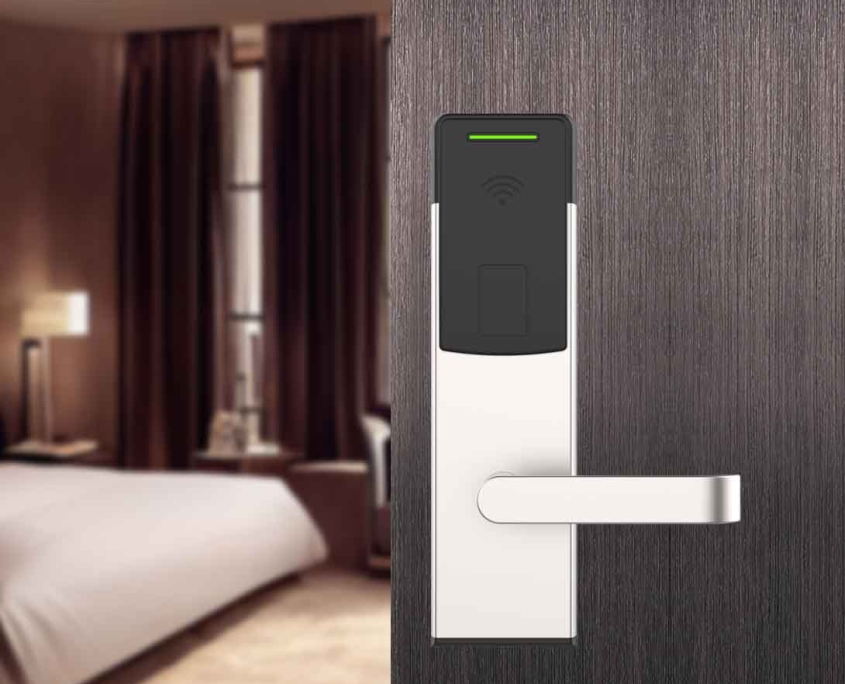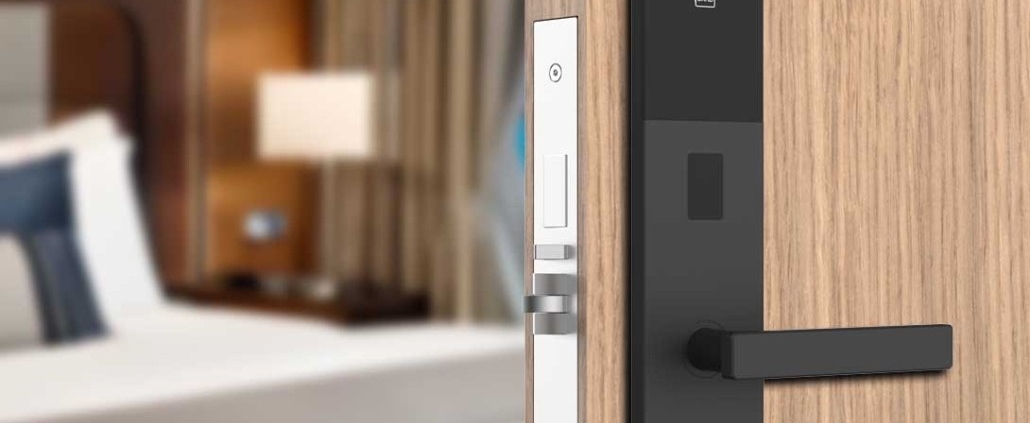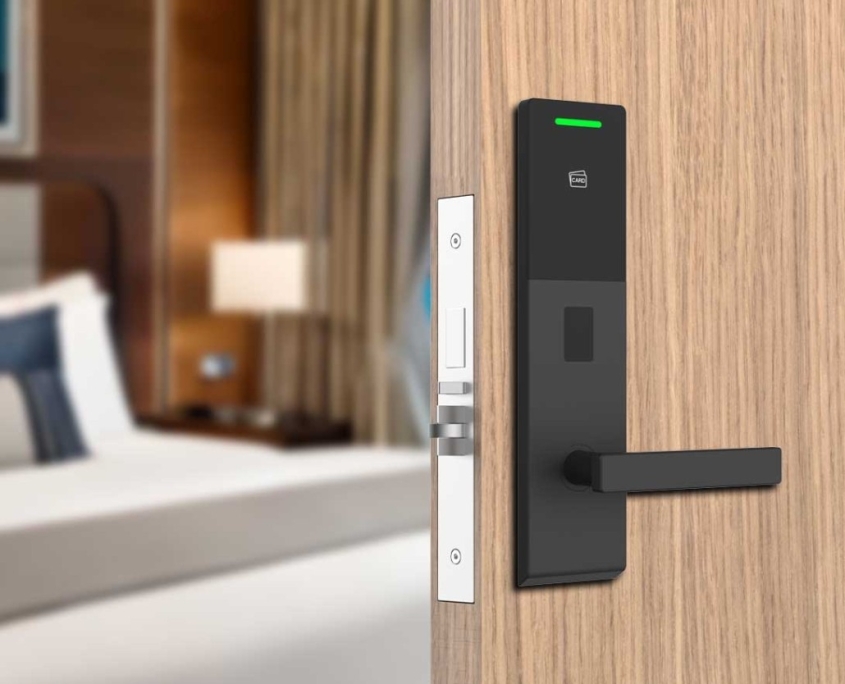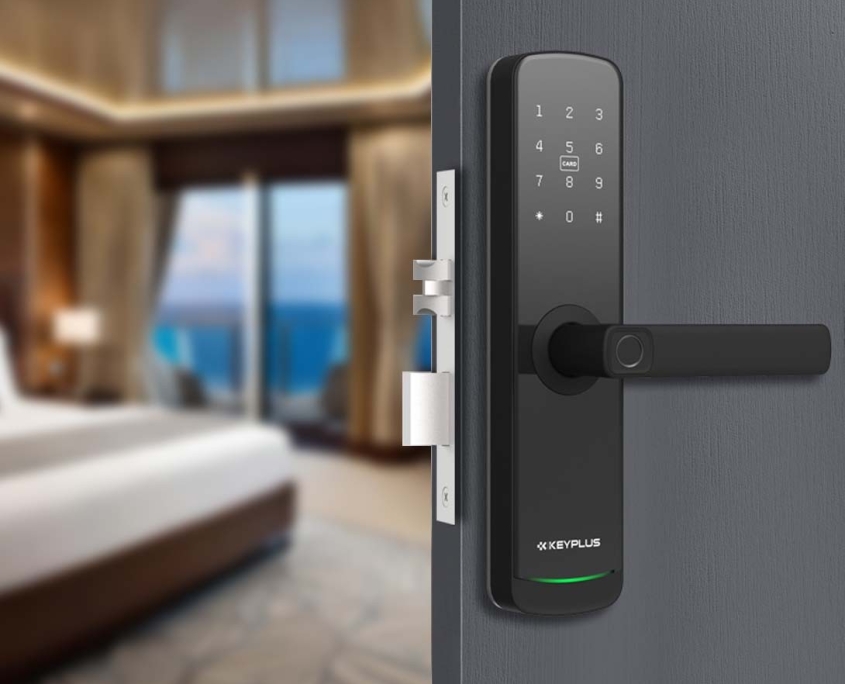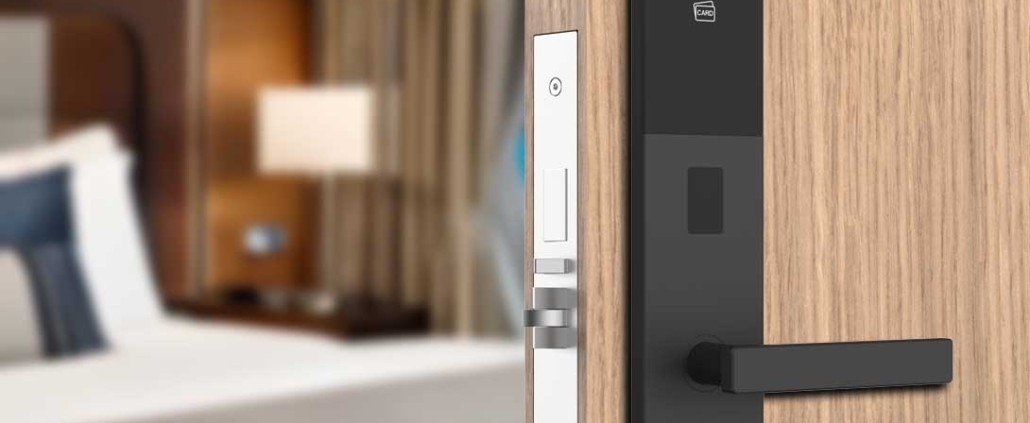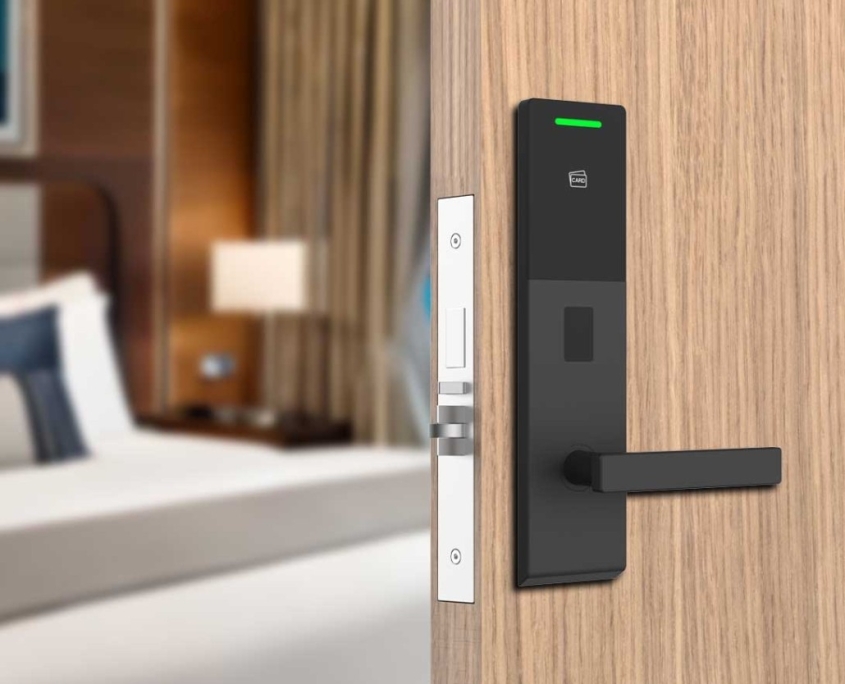Home security is a major concern for homeowners worldwide. With the rise of smart home technology, devices like smart doorbells have become increasingly popular. But do they actually prevent burglaries? This article explores whether smart doorbells are an effective deterrent against intruders, how they work, and what experts say about their impact on home security.
What Are Smart Doorbells?
Smart doorbells are advanced versions of traditional doorbells, equipped with cameras, motion sensors, microphones, and speakers. They connect to Wi-Fi, allowing homeowners to see and communicate with visitors via their smartphones, even when they’re not at home. Popular brands like Ring, Nest Hello, and Arlo offer features such as:
-
Live video streaming – View real-time footage of who’s at your door.
-
Motion detection – Alerts you when someone approaches your home.
-
Two-way audio – Speak to delivery personnel or visitors remotely.
-
Cloud storage – Save recorded videos for later review.
-
Night vision – Capture clear footage even in low light.
Do Smart Doorbells Actually Deter Burglars?
The primary purpose of a smart doorbell is to enhance security, but does it actually stop burglars? Research and criminal behavior studies suggest that visible security measures can discourage break-ins. Here’s what the evidence shows:
1. Burglars Prefer Easy Targets
Most burglars look for homes with minimal security. A study by the University of North Carolina found that:
-
60% of burglars would avoid a home if they saw a security camera.
-
Most break-ins happen in less than 10 minutes, meaning burglars want to get in and out quickly without being detected.
A smart doorbell’s visible camera and motion alerts make a home a riskier target, leading many intruders to move on to an easier option.
2. Real-Time Alerts Scare Off Intruders
Many smart doorbells send instant notifications when motion is detected. If a burglar approaches a home and hears:
-
“You are being recorded.”
-
“This property is under surveillance.”
-
Or even the homeowner speaking through the doorbell’s speaker, they are more likely to flee.
3. Recorded Evidence Helps Police
Even if a burglary occurs, smart doorbells provide high-definition video evidence, which can:
-
Help police identify suspects.
-
Increase the chances of recovering stolen items.
-
Serve as proof for insurance claims.
4. Neighborhood Watch Effect
When multiple homes in an area have smart doorbells, burglars are less likely to target that neighborhood. Apps like Ring’s Neighbors allow users to share suspicious activity, creating a community-based security network.
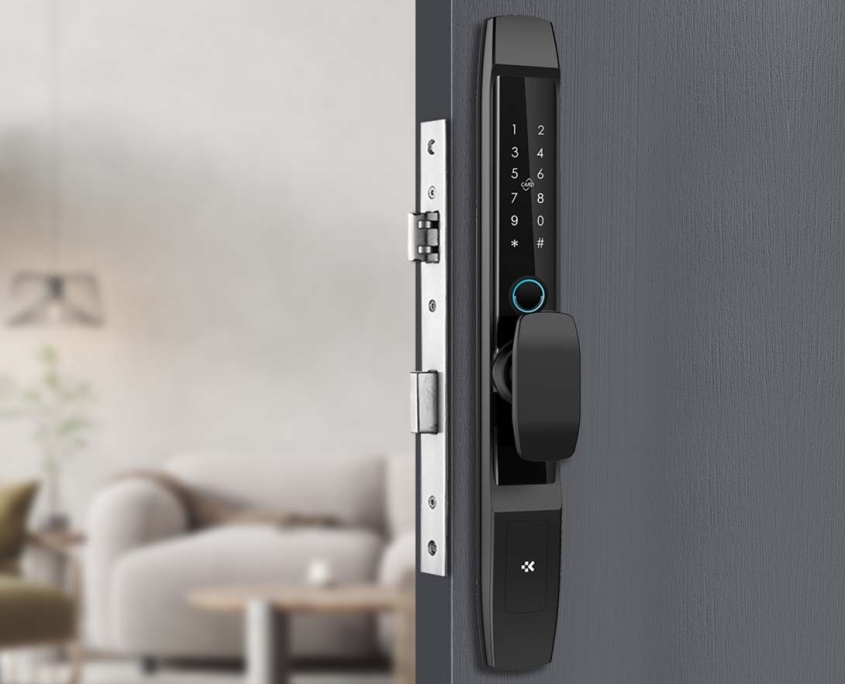
Limitations of Smart Doorbells
While smart doorbells improve security, they are not foolproof. Some weaknesses include:
-
Wi-Fi Dependence – If the internet goes down, the doorbell may stop working.
-
Power Outages – Some models rely on batteries, which can die if not recharged.
-
Hacking Risks – Poorly secured devices can be hacked, allowing intruders to disable them.
-
Blind Spots – A single camera may not cover all entry points.
To maximize security, experts recommend combining smart doorbells with other measures, such as:
-
Alarm systems
-
Outdoor lighting
-
Strong door locks
-
Security signs (even fake ones can help!)
What Do Burglars Say?
Interviews with convicted burglars provide interesting insights:
-
Many admit they avoid homes with visible cameras.
-
Some say they look for unlocked doors and windows first, regardless of security devices.
-
A few claim they can disable or avoid cameras if they’re determined enough.
This suggests that while smart doorbells reduce the likelihood of a break-in, they are not a standalone solution.
Conclusion: Are Smart Doorbells Worth It?
The evidence shows that smart doorbells do deter burglars by:
Making homes less appealing targets.
Providing real-time alerts and recordings.
Enhancing neighborhood security.
However, they work best when combined with other security measures. If you want to protect your home effectively, a smart doorbell is a great first step—but not the only one you should take.
Would you feel safer with a smart doorbell? The answer for most homeowners is yes.
Final Tips for Maximizing Security
-
Place cameras at eye level for clear facial recognition.
-
Use strong passwords to prevent hacking.
-
Enable motion zones to avoid false alerts from passing cars.
-
Share footage with neighbors to create a safer community.
By taking these steps, you can significantly reduce the risk of a burglary and enjoy greater peace of mind.
Would you like recommendations for the best smart doorbell models?

